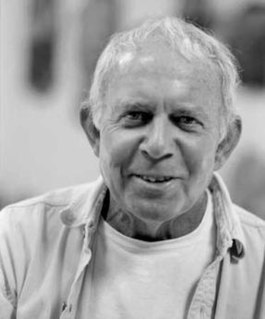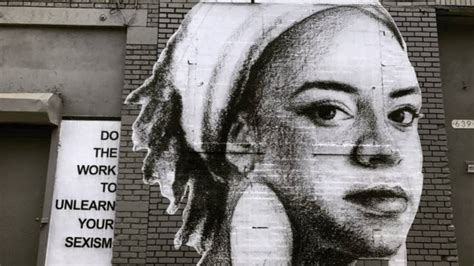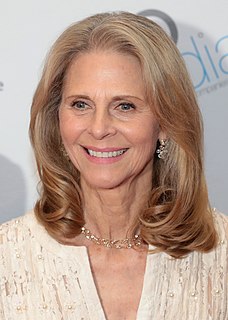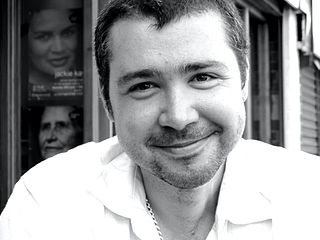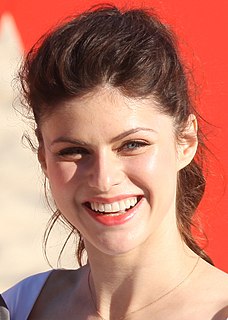A Quote by Edwin Catmull
When I see a film, I'll remember that there was a time when it wasn't working, and there was some pain and angst in order to get it to work.
Related Quotes
I think it's very important to get this stuff on film, not just the behind-the-scenes of the process, but also the interviews with the women. We're going to try to do some on-the-street filming, getting people's reactions to the work, and seeing if we can get some street harassment happening on film so people can see what we're talking about. It's important to have some type of documentation so people can see what happens when we create this artwork and why I'm creating it.
If I hear a film clip, or I happen to see some image from a film - you go to a film festival, and they show some clip of the movies you've been in, most of the time I sit there and go, "Oh God, I should have... should have... that was terrible." But I think that's a natural part of this work, because really, your work is never over. Of course I can leave it alone and walk off the set and never think about it again when it's done. But your work is really ongoing all the time.
I just remember not having access to films as a young person who loved films but living in Compton. In order to see the film, I had to get on the bus and travel quite a ways to get to an arthouse theater - none of which you're gonna find in black and brown communities - to see anything that was outside of what the studios fed me, and that's not the case anymore.
Any struggle or pain that you experience just gets you to the top, and you can't get there without making the climb. A few years later, you won't remember exactly the way the pain felt or how long it took, you'll just remember the view from the top. In fact, you might smile at the fact you had to work to get there.
Unfortunately, when you're working in film, it's this huge machine, and you've got to get everyone right there, so you get kind of locked into things. I'm not sure where the artistry in film making is. It's usually that moment when you're on set and you're working with the actors. That's the time to play around, the moment of theater. And then you can shape things. But a lot of it is just managing stuff. It's upsetting because you get away from the core.
People know that billions of pounds are wasted. Billions of pounds never get near the families that need it. It is an absolute outrage that hard-working people go out to work every day, get up early, come back late, don't see enough of their families in order to pay taxes to fund vast bureaucracies that are inefficient in order to fund a welfare system which allows too many people to sit for the whole of their lives on out-of-work benefits without going out to look for work.
I went to film school when I was 17, and of course when you are very young you think that there is nothing else in the world except film. At some point I started getting hungry to see something else. For five years I didn't make any films, I was traveling around the world, writing for newspapers, working in theater, working in opera, I thought I would never return to film.
If you go into a forest of film stories, you never can get right through the forest straight ahead; you always have to make some U-turns or whatever, because there's some trees in the way. And that's what I'm doing. Sometimes, as an actor, if you make only these intellectual, wonderful films, which I love, from time to time you have to make a film like Armageddon so people see that you're still around.
It's hard to see a film one time and really "get it," and write fully and intelligently about it. That's a review. That's not film criticism. And there's so many expectations involved, too. You're going in to see the latest Martin Scorsese or Stanley Kubrick film, you really have high hopes, and you can't help but find that it's not exactly what you had in your head going in. Until you can watch it again, you can't accept the work for what it intends to be. It takes at least a second viewing.

